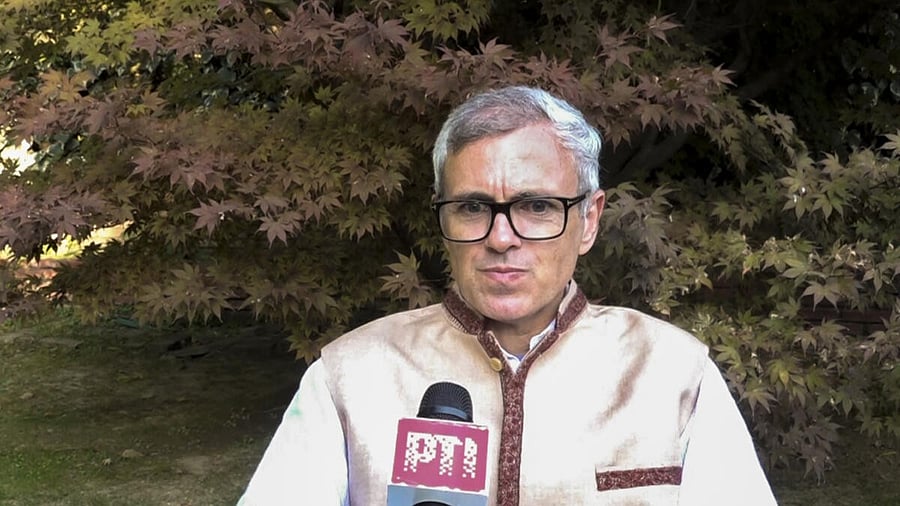
J&K Chief Minister-designate Omar Abdullah.
Credit: PTI photo
Srinagar: As Omar Abdullah prepares to return as Chief Minister of Jammu and Kashmir nearly 16 years after his first term, the Vice President of National Conference (NC) faces a host of daunting and multifaceted challenges in his second tenure.
Abdullah, who became the youngest CM of the erstwhile state in January 2009 at the age of 39, has to now navigate a vastly changed political landscape following the abrogation of Article 370 and the bifurcation of Jammu and Kashmir into two union territories in August 2019.
Upon assuming office later this week, Abdullah will need to carefully manage his relationships with the central government, the Lieutenant Governor, and his coalition partners, particularly Congress.
Balancing regional aspirations with national priorities will be crucial, especially as he seeks to establish a working relationship with the Modi government while advocating for the restoration of statehood and Article 370 - an endeavor that may prove challenging.
Following his electoral victory, Abdullah expressed a desire for a constructive partnership with the central government focused on development and governance.
He acknowledged that he does not expect the Modi government to restore Article 370 immediately, emphasising that his priority will be to regain statehood for Jammu and Kashmir.
However, it remains uncertain whether New Delhi will agree to restore statehood in the near future and on what terms and conditions. Achieving this goal could provide Abdullah with a degree of credibility with voters, even if he puts Article 370 demand on the backburner.
Additionally, Abdullah has pledged to address pre-election commitments such as the release of political prisoners, repealing the Public Safety Act (PSA), and providing free electricity to consumers.
Convincing the central government to agree to these measures could be a significant hurdle, given limited authority in the union territory.
With high unemployment rates, particularly among youth, Omar knows that job creation is critical and his promise of providing one lakh jobs, if voted to power, will need lots of resources, which may not be readily available to him.
Having faced criticism for governance in the past, Abdullah will need to ensure transparency and accountability in his administration. Establishing mechanisms for public feedback and community involvement will be essential for fostering citizen engagement in decision-making processes.
Given Jammu and Kashmir's diverse demographic landscape, promoting social cohesion will also be a priority. With the Jammu region largely supporting the BJP, Abdullah’s government will need to represent the interests of all constituents, regardless of their voting affiliations.
As he recently stated, “This government will be as much a government for those who voted for BJP as for those who voted for NC and Congress.”
Environmental concerns, particularly related to climate change and resource management, pose another challenge. The NC government needs to initiate policies aimed at sustainable development, promoting eco-friendly practices and conservation efforts to protect the region’s natural resources.